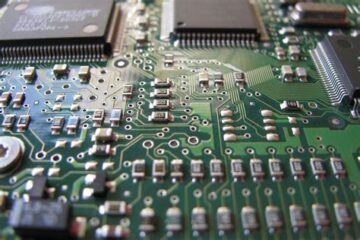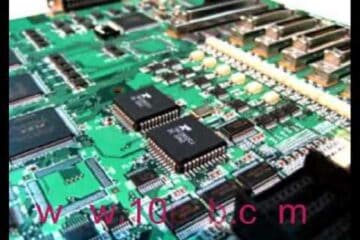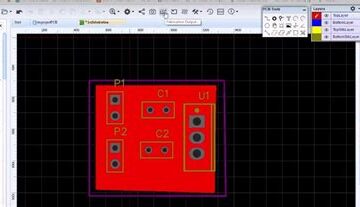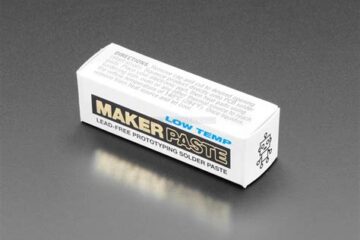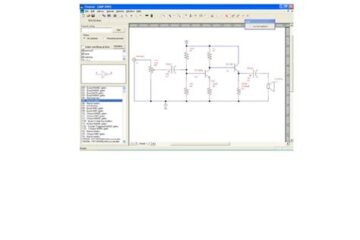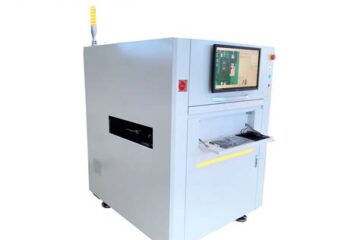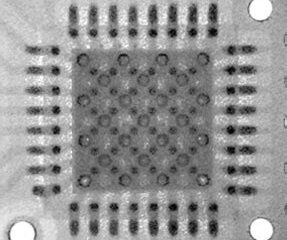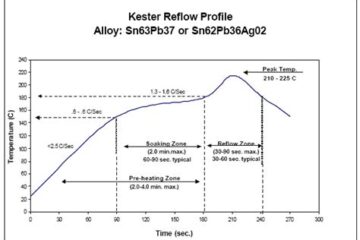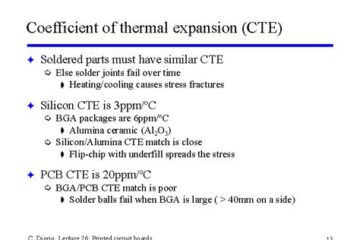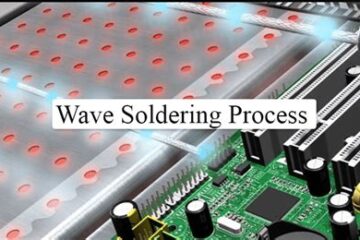PCBA
PCB ASSEMBLY COMPANY
Introduction to PCB Assembly PCB (Printed Circuit Board) assembly is the process of soldering or mounting electronic components onto a printed circuit board. This process is crucial in the manufacturing of electronic devices, as it enables the creation of complex circuits on a single board. PCB assembly companies specialize in this process, offering a range of services to help businesses bring their electronic products to market. The PCB Assembly Process The PCB assembly process typically Read more…
